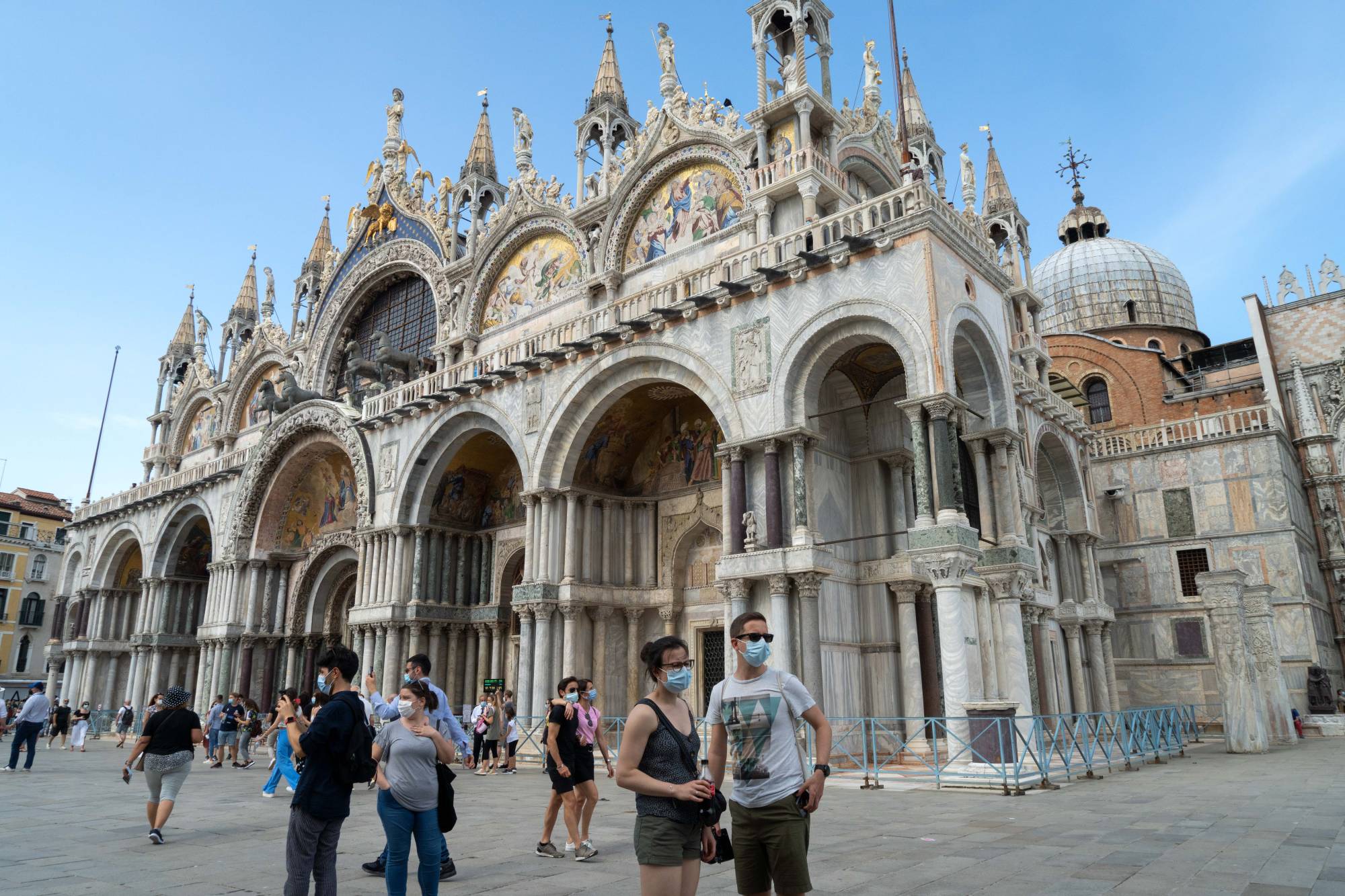On Feb. 18, 1522, a secondhand clothing merchant named Geronimo Bambarara in the crowded Rialto district of Venice came up with a new way of clearing out stock.
Instead of selling his goods directly for money, he decided to enter customers in a draw. In exchange for a 1 lira ticket, they might win more than 1,000 times that amount in cash or take home prizes of carpets, cloth of gold, fabric, amber or animals. The promotion was a success. Within a week, the numbers chancing their odds resembled the crowds at the Ascension Day religious festival, according to one contemporary diarist: "At present, in this Rialto district, nothing is done except put money on the lottery.”
It didn’t last. Just 10 days after the game began, alarmed Venetian authorities banned private lotteries. Their next move was equally predictable. Having eliminated a lucrative private business, the city turned it into a public one and started issuing tickets to raise state revenue.


















With your current subscription plan you can comment on stories. However, before writing your first comment, please create a display name in the Profile section of your subscriber account page.